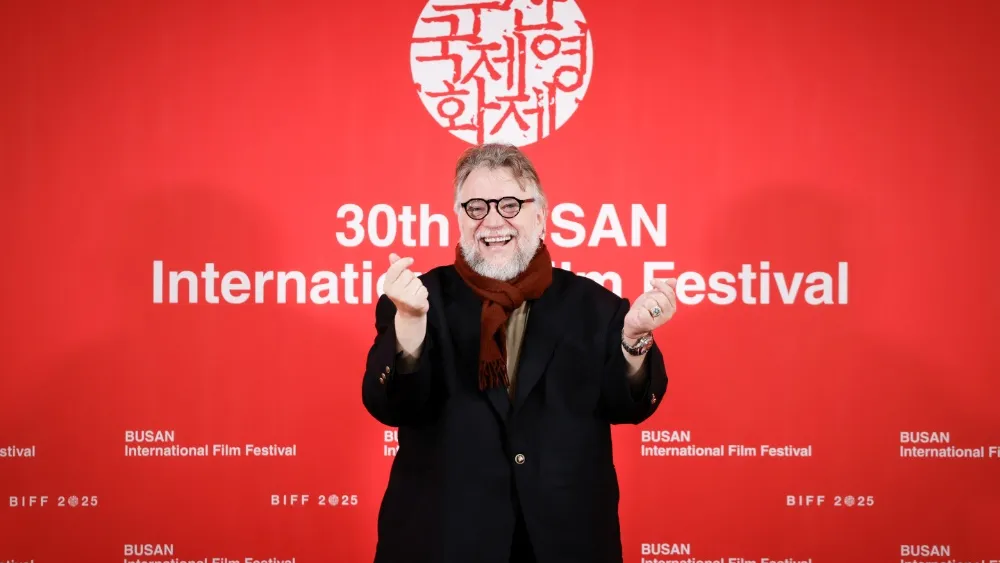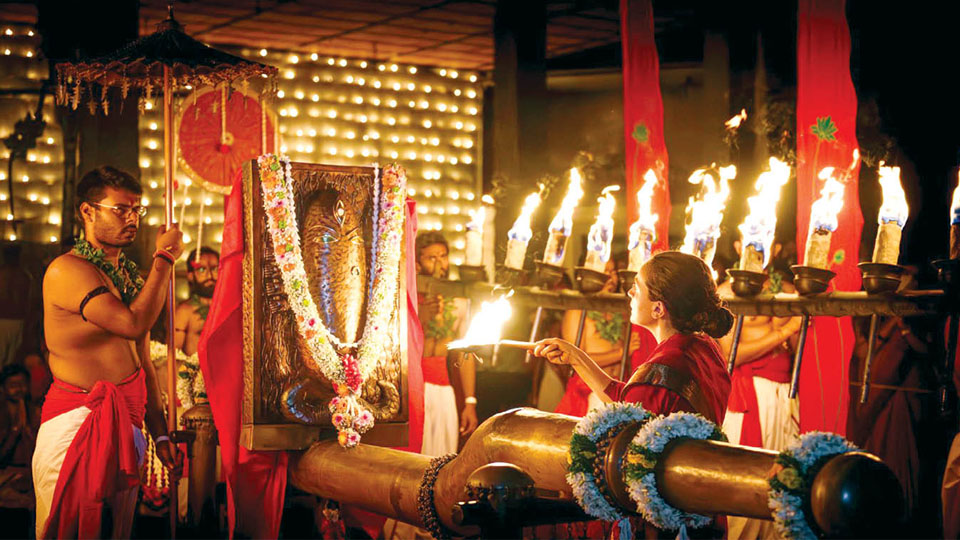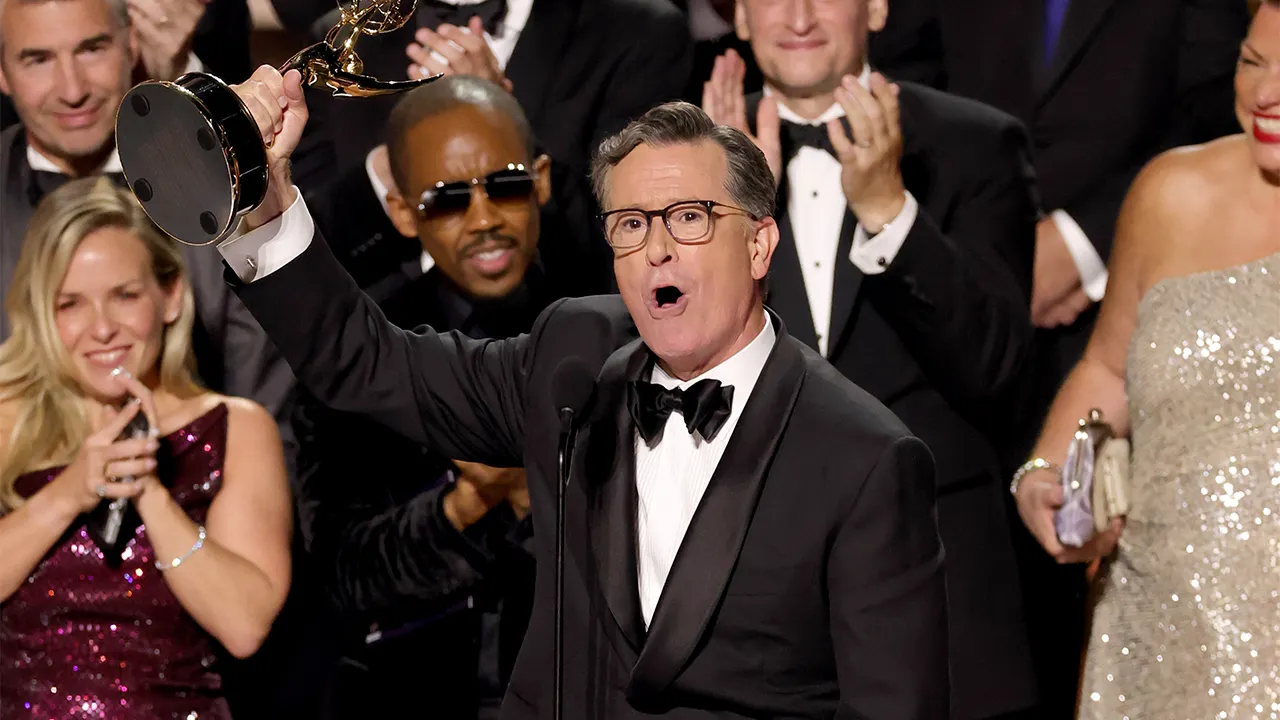
Guillermo del Toro lavished praise on Korean filmmakers Bong Joon Ho and Park Chan-wook during a press conference at the Busan International Film Festival, drawing cultural parallels between Korea and Mexico while discussing his film “Frankenstein.”
“I’m very in awe of director Bong and director Park, because they bring the chaos, the ridiculous, the sublime, the poetic and the horrible, all in the same movie,” del Toro said, singling out Bong’s “Memories of Murder” as exemplary of Korean cinema’s unique voice. “It’s not an American procedural about a crime — it’s an existential, deep meditation and an imperfect investigation by imperfect police that themselves are corrupt.”
Del Toro cited a “great kinship” with Bong and praised his “The Host” and its monster designs. “He uses it to talk about the society of Korea and the family life of Korea. So he’s talking about specifically the culture, which is what I do.”
The Oscar-winning filmmaker expressed particular admiration for Park Chan-wook. “Director Park, for me, is one of the most beautiful, desperate, existential romantics in cinema,” he said. “It’s very rare to find a romantic filmmaker, and by this I don’t mean Fabio carrying a lady in his arms. I mean a man that believes in the doom, the gloom, the existential darkness of romanticism. He’s a twin soul in that sense.”
The director emphasized Korean cinema’s commitment to cultural specificity over commercial appeal. “There is a position about the genre that doesn’t make them commercial for an American market. They make them unique to Korea,” he noted, adding that he watches Korean films “every time I want to feel a little more alive.”
Del Toro cited films including “I Saw the Devil” and “Train to Busan” as examples of Korean cinema’s vigor, praising the nation’s filmmakers for avoiding the “Manichaean idea of good and evil that American cinema” often employs.
The director also drew connections between his own work and Korean genre cinema, noting how both use monsters and genre elements to explore cultural identity. “When they say, ‘What is Mexican about your movies?’ Me, I’m very Mexican, and my movies have that same slant,” he said.
Speaking about his “Frankenstein” adaptation, del Toro described it as deeply autobiographical, filtered through his 60-year-old Catholic Mexican perspective — quite different from Mary Shelley’s teenage Protestant English viewpoint. The film explores themes of forgiveness and imperfection that the director sees as increasingly relevant.



